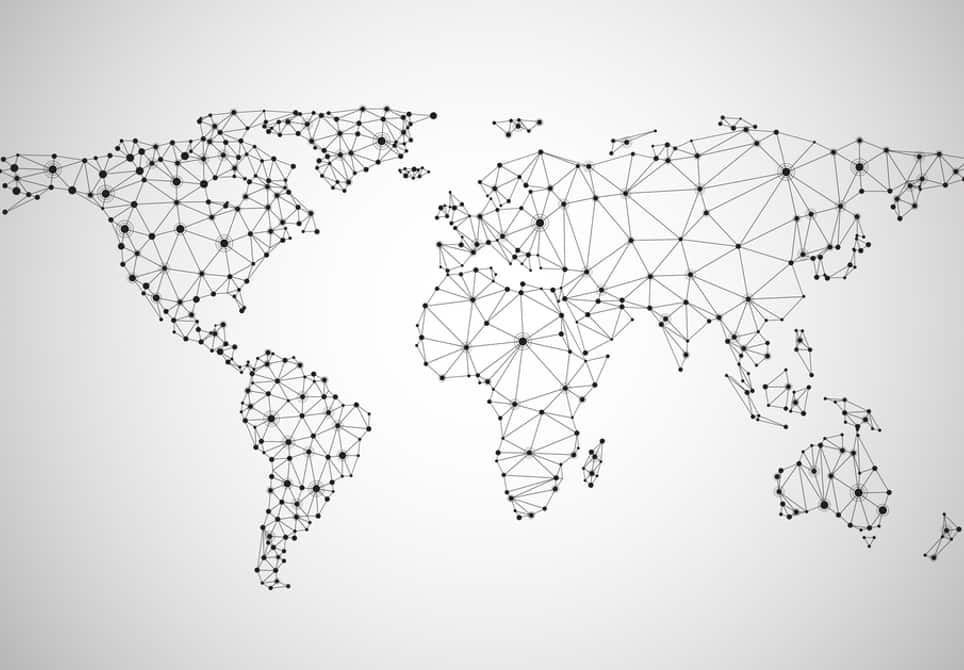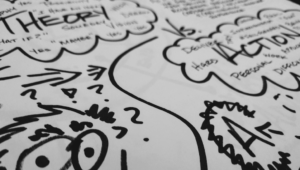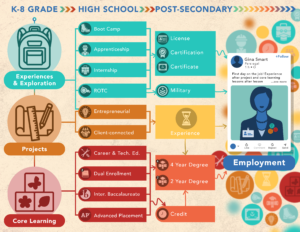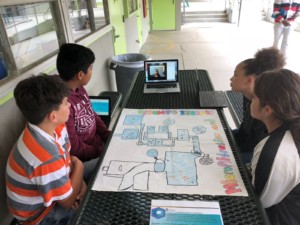Seeking Adventure with Purpose, Gaining Trust and Support

By Judith Stalter
In the summer of 2011, I graduated with a bachelor’s degree in Women’s Studies from the University of Hawaii at Manoa. I was fascinated with the subject mainly because it was major reality check as I barely touched the surface learning about how diverse and complex the world actually was outside of my hometown in Fairbanks, Alaska.
After graduation I felt the need to experience the world outside of the classroom and textbooks. I was motivated, educated and ready to do something BIG that would impact the world like many of the women I had spent the past four years studying about. I wanted to travel and see the world but I also needed to work and pay bills. I needed to gain professional experience, but I also needed to makes some personal discoveries and changes in my life to grow into the person I wanted to be.
After attending a Peace Corps presentation on campus with a friend, a light bulb went off in my head and I got chills of excitement. It would be something unexpected for me to take on, but it wouldn’t be out of character. I knew I could do this- this had purpose and a mission I believed in. The program centered around helping others, appreciating and celebrating one another’s cultures while strengthening friendships around the world. I would travel but still gain professional experience, learn new skills and make time for personal growth. I truly believed in promoting the health and well being of others around the world–I just needed something to point me in the right direction, and Peace Corps provided me with this opportunity.
From 2012-2014 I served as a Community Health Peace Corps Volunteer in the Northern Province of Rwanda. Going in I knew I wasn’t going to change the world solely by the volunteer work I’d be doing, but I was ambitious and wanted to work hard to do something beneficial for my host country at very least. I knew very little about development work when I signed up to be a volunteer, besides that being done right can be very beneficial and effective. Generally, volunteers come in their host countries running, excited, motivated, with positive attitudes, ready to roll out projects as soon as possible (at least that’s how I was) and on rare occasions this works out great. But usually it does not.
Like in any other field of work, when you’re starting up a new business endeavor or project, things take TIME & COMMITMENT.
This was one of the many reality checks I had throughout my service. Although the “government” invited and granted us permission to serve in their country and the community leaders granted us permission to live in their villages, I was still a stranger to the people.
I learned very quickly that typically, people wouldn’t work with you until they could trust you. They were making a personal investment with their time and energy and wouldn’t do it for something that wouldn’t last long term.
When finding people to join you in a project or endeavour, it’s important to self advocate, earn trust and be able to make good on the trust that your allies put in you.
It get’s even more complicated however when you’re in a foreign country and are still struggling with mastering the local language.
How do you earn people’s trust with language barriers?
- First, you are present at work. I attended every morning meeting at the health center even though I could not understand what they were talking about- but people appreciate and trust consistency when they can see it.
- Secondly, I walked and I practiced talking. I hiked all around my community and no matter who passed me in the village, a local leader or small child, I always greeted them in Kinyarwanda (Rwanda’s local language) and introduced myself.
- Thirdly, I tried my best to integrate into my community by participating in community events such as attending church services and helping out in Umuganda, a nationwide community service day held every month. I truly believe that these small acts of investing your time and energy to get to know your surroundings and the people within made all the difference in gaining someone’s trust. Actions speak louder than words, and there was no truer statement to depict how I was able to gain the trust of a community.
A great thing about international service and really any opportunity to pursue a passion is that you’re put in challenging situations and you learn how to cope, address and work through them.
Despite some of my projects not turning out exactly as I had hoped, I did get messages out to people. Thanks to the help of my counterparts we were able to mobilize community members and get them excited about starting projects to benefit their communities. It was hard work, frustrating and sometimes time stood still and I’d question my purpose of being there.
But it gave commitment a whole new meaning for me. I kept thinking that maybe my struggles & challenges as the very first Peace Corps Volunteer (PCV) at my site will make the next PCVs experience slightly easier to get people excited to work with them and their project would run a bit more smoothly because development work is truly a team effort and requires a lot more time than just two years.
My two years as a peace corps volunteer provided me with a more definite understanding of the world I live in, and what will be my role will be in it. My service has helped bring me to the realization that the most important thing I can do with my life is to continue helping others. It’s helped to build my confidence in taking on new work opportunities and projects in new places and that would have been out of my post-peace corps comfort zone.
There’s a world of opportunity for those wanting to make a positive difference in the world, but you can’t do it alone. And why would you want to when there are so many great and interesting people out there to meet!
About “GenDIY”
eduInnovation and Getting Smart have partnered with The J.A. and Kathryn Albertson Family Foundation to produce a thought leadership campaign called Generation Do-It-Yourself (GenDIY)–how young people are hacking a pathway to a career they love–on The Huffington Post and GettingSmart.com. This campaign about reimagining secondary and postsecondary education and career skills will explore the new generation building a global economy and experiences that are impact driven and entrepreneurial. For more on GenDIY:
- Faça Você Mesmo: A Global Perspective on Learning
- How to Create Your Anywhere, Anytime Learning Playlist
- Pick a Mentor – It Will Change Your Life
Any writing or opinion expressed in this blog are mine alone and are not necessarily shared by the Peace Corps, the country of Rwanda or the U.S. Government.
Judith Stalter is a Communications Fellow at Hatua Likoni.
Stay in-the-know with all things EdTech and innovations in learning by signing up to receive the weekly Smart Update.






Martin Sumichrast
Its really an interesting post, appreciate the research done by author.
Cheers!